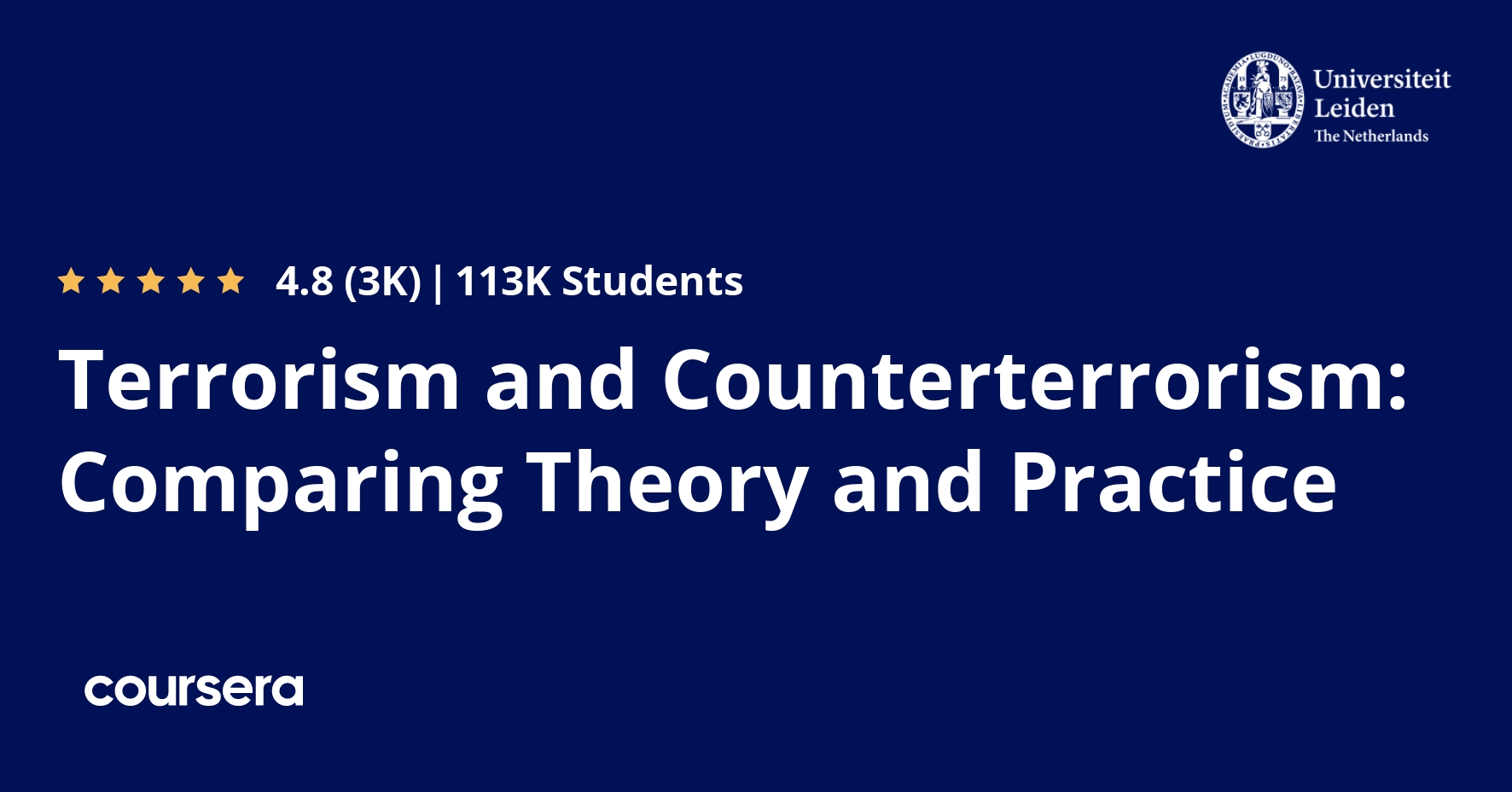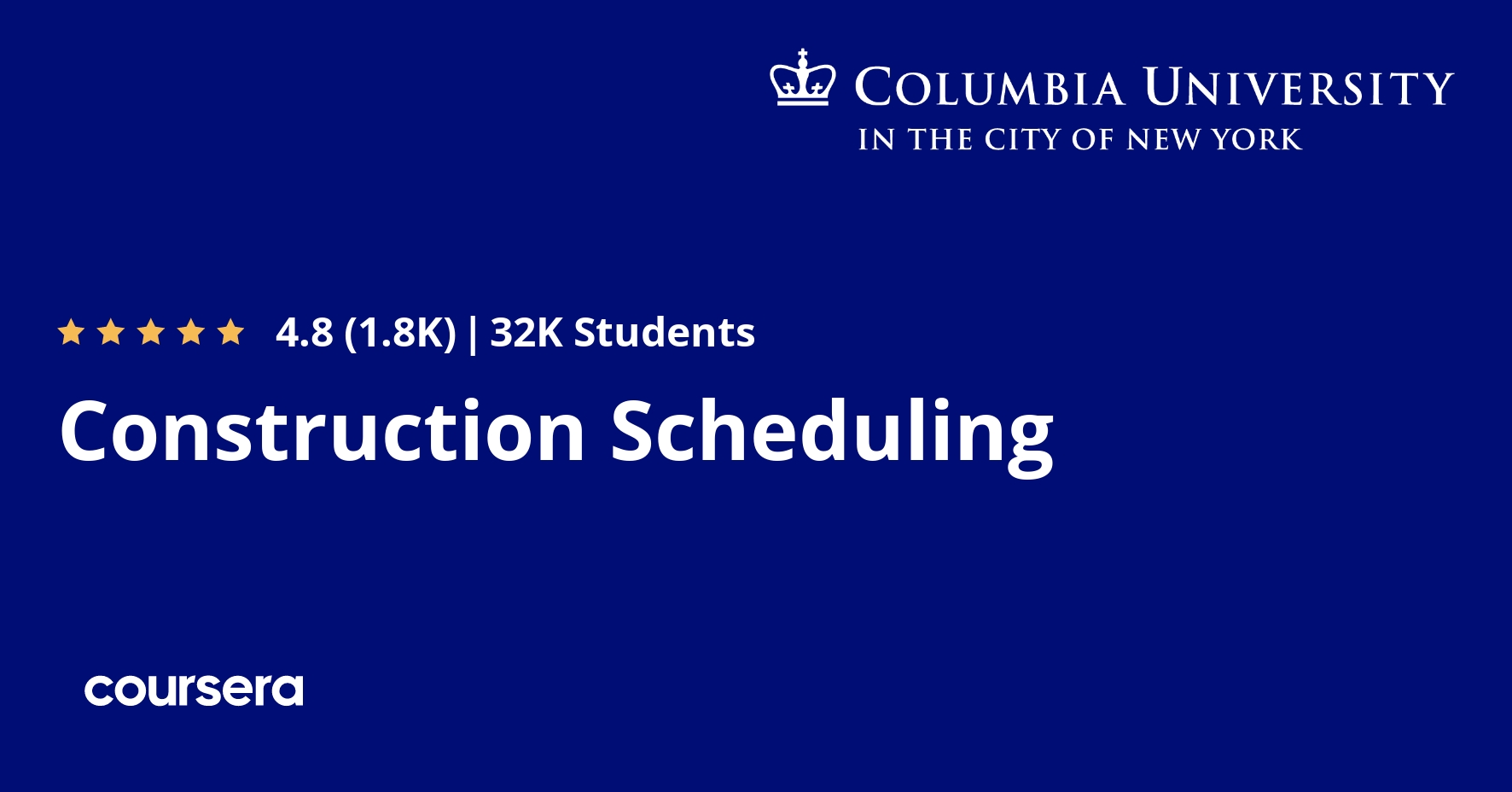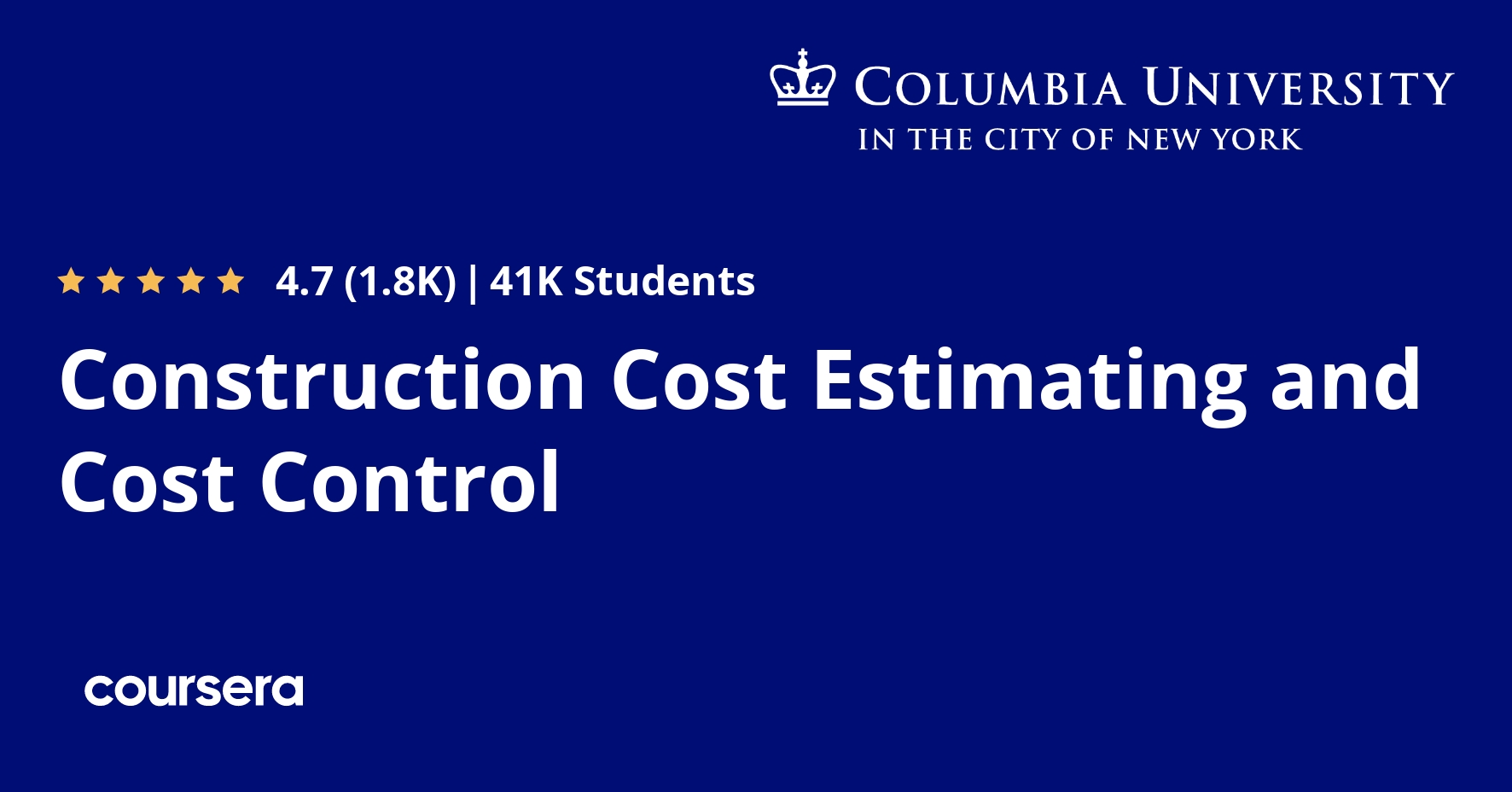Description
Delve into the research behind terrorism as you unpack the assumptions and impacts of both terrorism and counterterrorism.
Terrorism has arguably been one of the defining factors of our age. It frequently makes headlines, threatening or attacking governments, private businesses, and ordinary citizens. In many parts of the world, it has been one of the most important threats to peace, security, and stability – but what does this mean exactly?
On this six-week course from Leiden University, you’ll explore the essence of terrorism and discover why it is so difficult to define. Unpacking its history and the theory of the waves of terrorism, you’ll analyse both the theoretical approaches and practical applications of terrorism and counterterrorism in the real world.
There are many assumptions that cloud the subjects of terrorism and counterterrorism. These myths are often created and intensified by individual bias, the government, and the media. On this course, you’ll discover different assumptions about terrorist identities and motivations, as well as the efficiencies of various counterterrorism efforts. You’ll then compare this with academic research to investigate the truth behind these assumptions.
In your exploration of the impact of terrorism, you’ll delve into the culture of fear created by terrorism, as well as the success of counterterrorism policies to limit and manage its impact on society. In the final stage of this course, you’ll reflect on trends and developments in terrorism and counterterrorism. You’ll assess current academic research as well as what could be studied in the future to help.
What you will learn
Welcome & Introduction to the course
In this module, you will find all the information to successfully complete the course. After, we move to week 1, where we discuss the definition of terrorism: What exactly is terrorism? Who and where are its victims? By the end of this module, you will understand why having a generally accepted definition for the term ‘terrorism’ is difficult.
Researching terrorism and counterterrorism
In this module, we will discuss terrorism and counterterrorism studies, a field of study that owes much to research in related disciplines. You will get an overview of where the key centers and scholars are located. Also, we will talk about the three main approaches used in this academic field and recognize their strengths and weaknesses.
Assumptions on terrorism
The subject of terrorism often falls prey to unfounded assumptions. Media, politicians, even scholars, frequently make far-reaching claims about the topic. In this module, we will critically investigate some of these assumptions and discuss their validity.
Assumptions on counterterrorism
In this module, we will look into five assumptions on counterterrorism, which underlie CT-policy, both from an effectiveness perspective (is it really countering terrorism?), but also because these policies have a large impact on societies.






